Beautiful Brazil

Beautiful Brazil
HomePage
Overview
We start in Rio de Janeiro, with the statue of Cristo Redentor on Mount Corcovado, the avenue along the beach, the beauty of an historic city, and the landmark, Sugarloaf. Brazil's 47 million people celebrate racial diversity. From the Copacabana, we travel 40 miles to a resort, Quitandinha, where President Truman spoke. Then it's on to Sao Paulo, a modern, industrial city, and finally to the spectacular waterfalls of Iguazu on the border between Brazil and Argentina.
Release Date
1952-02-29
Average
0
Rating:
0.0 startsTagline
Genres
Languages:
EnglishKeywords
Similar Movies
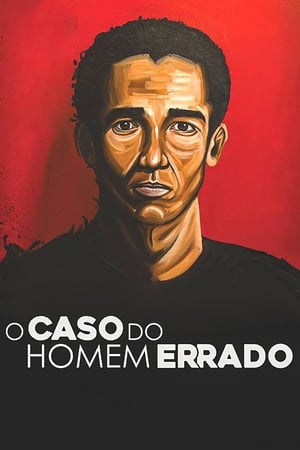 7.0
7.0The Case of the Wrong Man(pt)
The documentary tells the story of Júlio César, a young Afro-Brazilian who was executed by the Police in the 1980s in Porto Alegre. The crime became notorious when the press published photos of Julius being put alive in the police car and arriving 37 minutes later shot and dead at the hospital.
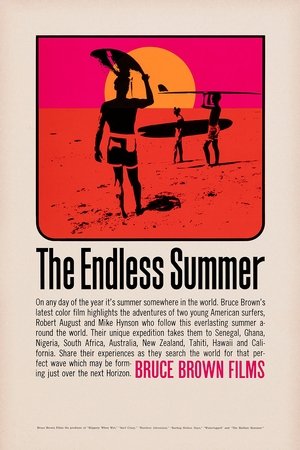 7.2
7.2The Endless Summer(en)
Bruce Brown's The Endless Summer is one of the first and most influential surf movies of all time. The film documents American surfers Mike Hynson and Robert August as they travel the world during California’s winter (which, back in 1965 was off-season for surfing) in search of the perfect wave and ultimately, an endless summer.
 7.4
7.4Bus 174(pt)
Documentary depicts what happened in Rio de Janeiro on June 12th 2000, when bus 174 was taken by an armed young man, threatening to shoot all the passengers. Transmitted live on all Brazilian TV networks, this shocking and tragic-ending event became one of violence's most shocking portraits, and one of the scariest examples of police incompetence and abuse in recent years.
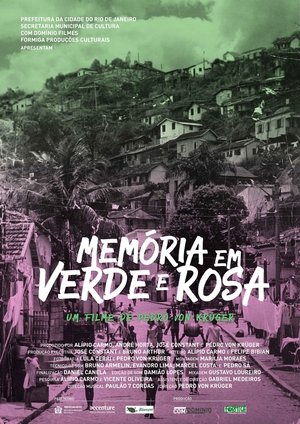 5.9
5.9Memória em Verde e Rosa(pt)
The Mangueira slum is the scenario where Tantinho and the old samba composers remember stories about the slums and samba.
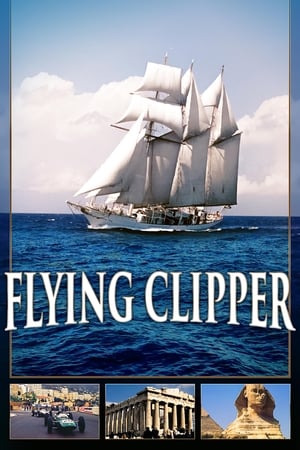 8.0
8.0Mediterranean Holiday(de)
A 1962 West German documentary film directed by Hermann Leitner and Rudolf Nussgruber.
The Money Lenders(en)
Critical investigation of The World Bank and IMF. Too hot for PBS, but prime time TV everywhere else. Do the World Bank and IMF make the poor even poorer? Are the Bank and IMF democratic institutions? Why do people demonstrate against the Bank and IMF? For the first time, a documentary global investigation of major criticisms of the World Bank and the International Monetary Fund (IMF), two of the most powerful financial institutions in the world. Five country case studies are presented, each concentrating on a different aspect of critics' charges: 1. Bolivia: Debt, Drugs and Democracy 2. Ghana: The Model of Success 3. Brazil: Debt, Damage and Politics 4. Thailand: Dams and Dislocation 5. Philippines: The Debt Fighters. The charges, including those related to structural adjustment, are controversial and provocative. Some go to the heart of the power and policies of these institutions.
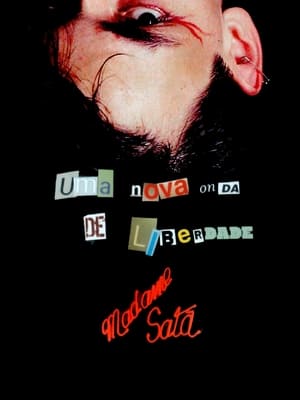 6.0
6.0Uma Nova Onda de Liberdade: A História do Madame Satã(pt)
In operation to this day, the mansion known as Madame Satan began its activities in 1983, and in the 1980s was the main hub of avant-garde artists of the city, from which came out disparate and essential names for music, performing arts, visual arts, journalism, photo and video of Sao Paulo, as well as mythical characters of the night of São Paulo who made history with their absurd and impactful performances.
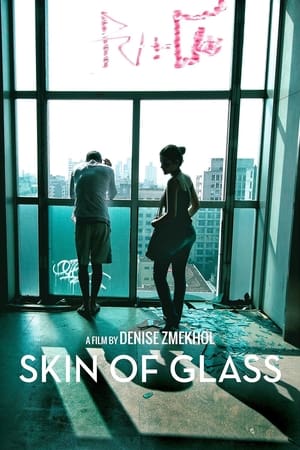 10.0
10.0Skin of Glass(en)
A poetic and personal cinematic meditation on displacement and loss, SKIN OF GLASS follows filmmaker Denise Zmekhol’s journey after discovering that her late father's most celebrated work as an architect, a modernist glass skyscraper in the heart of São Paulo, Brazil, has become occupied by hundreds of homeless families.
O Rap Pelo Rap(en)
To do this documentary, the director Pedro Henrique Fávero featured 42 characters - among MCs, DJs and producers - to make a detailed map of its kind in the country. Without mincing words, they speak openly here about 8 topics proposed by the film and try to understand Hip Hop in Brazil. The result is a collection of stories from a lot of fighting, where there are many eternal start-end-start, overcoming the difficulties of being understood and feeling of belonging to a group and many clichés.
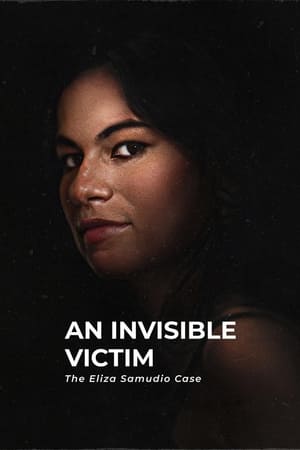 6.9
6.9An Invisible Victim: The Eliza Samudio Case(pt)
A star goalkeeper threatens a woman who is pregnant with his child. Her pleas for help go unanswered in the shadow of his fame — then tragedy strikes.
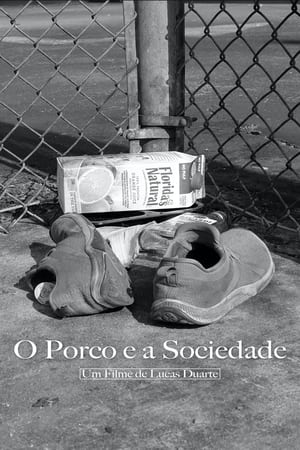 0.0
0.0The Pig and the Society(pt)
"The Pig and the Society," symbolizes the stark contrast between the excesses of wealth and the plight of those left behind. It invites viewers to reflect on their perceptions and prejudices, challenging them to see beyond the surface and understand the systemic issues perpetuating homelessness.
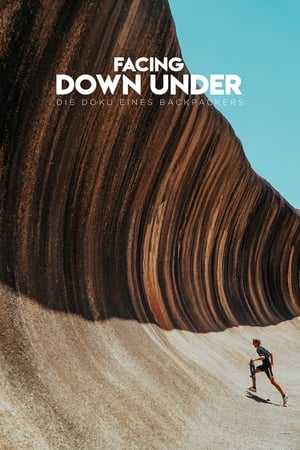 5.3
5.3Facing Down Under: A Backpackers Documentary(de)
A 19-year-old high school graduate travels through Australia as a backpacker and accompanies his adventure with a camera.
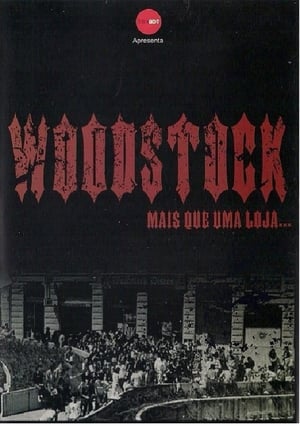 7.5
7.5Woodstock - Mais Que Uma Loja(pt)
"Woodstock - Mais Que Uma Loja" tells the story of the Woodstock Discos store, a stronghold considered ground zero for heavy metal in São Paulo and one of the pioneers of the style in Brazil.
 3.5
3.5Match 64: The Maracanã(en)
A documentary following the day life of fans in Brazil on July 13, 2014: the day when Germany and Argentina met up in the finals of FIFA World Cup.
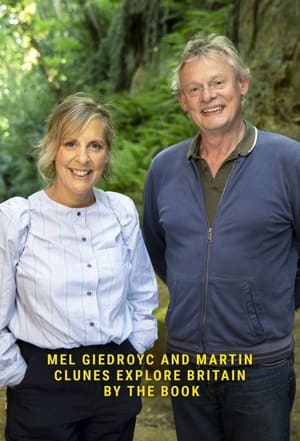 0.0
0.0Mel Giedroyc & Martin Clunes Explore Britain by the Book(en)
Much-loved actress, comedian and writer Mel Giedroyc heads to Dorset on a travel adventure with a twist. Inspired by her passion for books, Mel hooks up with her friend and Dorset local, Martin Clunes, to explore the spectacular scenery and iconic locations made famous by some of Britain's favourite books and films.
 6.6
6.6Mariner of the Mountains(fr)
Filmmaker Karim Aïnouz decides to take a boat, cross the Mediterranean, and embark on his first journey to Algeria. Accompanied by the memory of his mother, Iracema, and his camera, Aïnouz gives a detailed account of the journey to his father’s homeland, interweaving present, past, and future.
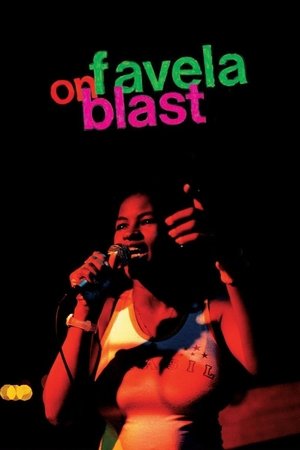 5.8
5.8Favela on Blast(en)
For 20 years, a subculture has emerged in Brazil under society's radar. It is the culture surrounding 'funk carioca', a musical rhythm which mixes the American electronic funk of the 1980s with the most diverse influences of Brazilian music. 'Baile funk' is one of the most interesting musical movements in the world, but it comes from what is at times one of the most violent and poorest places in the world: the slums of Rio de Janeiro (favelas). This music is the personalization of the raw element. Bombastic rhythms coming from the American Miami Bass and samples are fused with powerful rap vocals using Brazilian slang. This documentary tells stories of sex, love, poverty, and pride among Rio's marginalized people. They have their own language, style, and heroes. It's a film that's fast, heavy, and violent like the city itself.
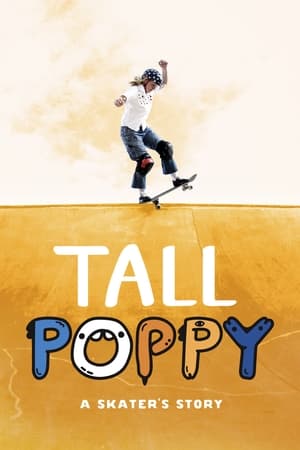 0.0
0.0Tall Poppy: A Skater's Story(en)
A child who just loved to skate from the age of eight, Poppy Starr Olsen became the number one female bowl skater in Australia at 14 and went on to take out bronze at the XGames at 17 - the ultimate competition in the world of skateboarding. The same year, skateboarding was announced as an official additional sport category at the Tokyo 2020 Olympics. Now faced with the opportunity to represent Australia on the world stage Poppy grapples with the transition from skater to athlete and the pressure of competition mounts in a way it has never done before.
 6.0
6.0How Do You See Me?(pt)
How Do You See Me? is a Brazilian documentary feature that entwines both experienced actors and beginners to explore the hardships and the happiness that are inherent to the job when detached from the glam and glitz of the gossip industry, creating a diverse and comprehensive mosaic of what it means to be an actor in Brazil, a country so full of contradictions. The film brings forward a reality that the masses usually don't get to know: the men and women moved by a deep passion for acting and touching people. With Julio Adrião, Matheus Nachtergaele, José Celso Martinez, Cássia Kis, Nanda Costa, Babu Santana, Luciano Vidigal and Letícia Sabatella, among others.
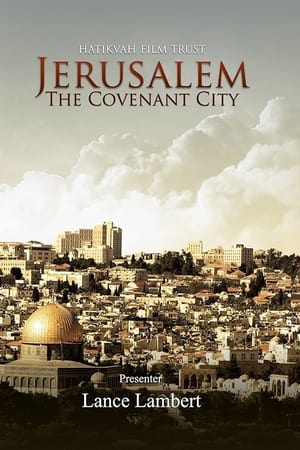 5.0
5.0Jerusalem: The Covenant City(en)
In this superbly produced, two-part documentary, you'll trace the holy city's prophetic history and explore what the Bible professes regarding Jerusalem's fate.
